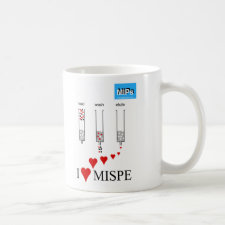
Authors: Sales MGF, Brandão L
Article Title: Autonomous electrochemical biosensors: A new vision to direct methanol fuel cells.
Publication date: 2017
Journal: Biosensors and Bioelectronics
Volume: 98
Page numbers: 428-436.
DOI: 10.1016/j.bios.2017.07.021
Alternative URL: http://www.sciencedirect.com/science/article/pii/S0956566317304694
Abstract: A new approach to biosensing devices is demonstrated aiming an easier and simpler application in routine health care systems. Our methodology considered a new concept for the biosensor transducing event that allows to obtain, simultaneously, an equipment-free, user-friendly, cheap electrical biosensor. The use of the anode triple-phase boundary (TPB) layer of a passive direct methanol fuel cell (DMFC) as biosensor transducer is herein proposed. For that, the ionomer present in the anode catalytic layer of the DMFC is partially replaced by an ionomer with molecular recognition capability working as the biorecognition element of the biosensor. In this approach, fuel cell anode catalysts are modified with a molecularly imprinted polymer (plastic antibody) capable of protein recognition (ferritin is used as model protein), inserted in a suitable membrane electrode assembly (MEA) and tested, as initial proof-of-concept, in a non-passive fuel cell operation environment. The anchoring of the ionomer-based plastic antibody on the catalyst surface follows a simple one-step grafting from approach through radical polymerization. Such modification increases fuel cell performance due to the proton conductivity and macroporosity characteristics of the polymer on the TPB. Finally, the response and selectivity of the bioreceptor inside the fuel cell showed a clear and selective signal from the biosensor. Moreover, such pioneering transducing approach allowed amplification of the electrochemical response and increased biosensor sensitivity by 2 orders of magnitude when compared to a 3-electrodes configuration system
Template and target information: protein, ferritin
Author keywords: User-friendly biosensor, Triple-phase boundary layer, DMFC transducer, plastic antibody



Join the Society for Molecular Imprinting

New items RSS feed
Sign-up for e-mail updates:
Choose between receiving an occasional newsletter or more frequent e-mail alerts.
Click here to go to the sign-up page.
Is your name elemental or peptidic? Enter your name and find out by clicking either of the buttons below!
Other products you may like:
 MIPdatabase
MIPdatabase









